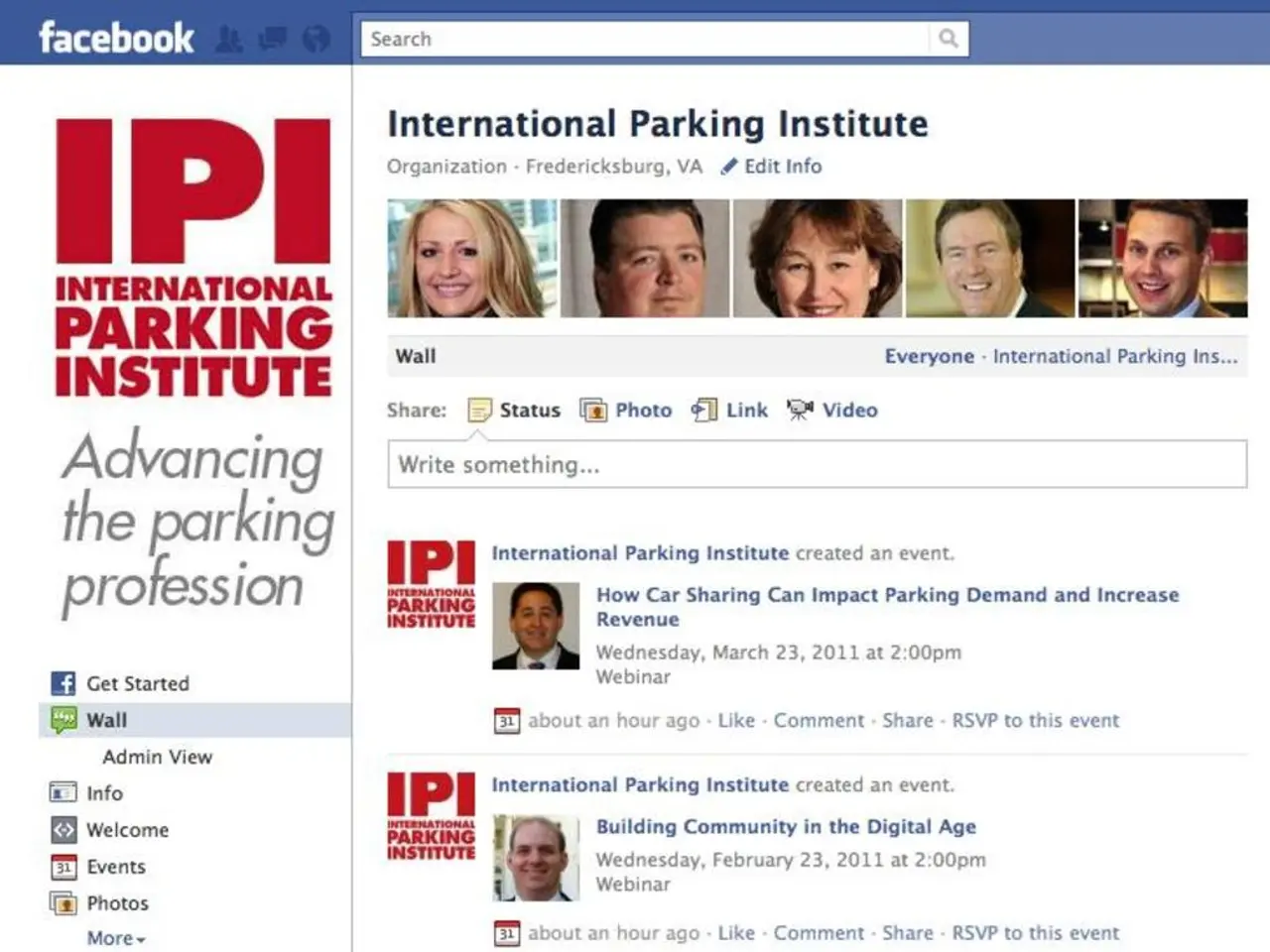Economic Harm to North Rhine-Westphalia: Significant Financial Setbacks from the US-EU Customs Agreement
The recently agreed-upon trade deal between the USA and the EU, which imposes a 15% tariff on most EU exports to the US, including cars, is expected to have a significant negative impact on North Rhine-Westphalia (NRW), Germany. As the most populous and industrially advanced state in Germany, NRW heavily exports to the US, particularly in the automotive and machinery sectors.
The tariffs are likely to increase costs for NRW goods in the US market, potentially reducing demand and hampering export volumes. German exports to the US will be disproportionately affected given their scale. The increased costs will squeeze profit margins for NRW companies exporting to the US, with some absorbing the costs to maintain market share, reducing profitability, and others passing these costs to US consumers, risking lower sales.
These dynamics are expected to negatively affect employment levels in NRW’s export-oriented industries, particularly in the automotive and industrial machinery sectors. Industry representatives have expressed concern about the impact of the trade deal, warning of job losses and risks to growth and prosperity as supply chains may be disrupted and costs rise.
The tariff on steel (still at 50%) further burdens NRW’s key steel producers, compounding the challenges. Although the deal avoids a more damaging tariff war, it is widely seen as a painful compromise with substantial costs to Germany’s economy and employment.
The Association of Employers in NRW and other associations share similar sentiments about the trade deal. NRW's Minister of Economics, Neubaur, estimates a loss of around one billion euros for the economy due to the trade deal. The potential impact on production volumes and prices in Germany is still uncertain, but a decrease in demand could lead to price increases, while an excess supply could lead to falling prices.
Another likely scenario is that companies offset the higher tariffs through price adjustments, making products for the US market cheaper and domestic market products more expensive. The USA is the third most important export market for NRW, after the Netherlands and France, making the impact of the trade deal particularly significant for the region.
The concrete impacts of the trade deal on exports are currently difficult to assess, but the business community in NRW views the deal as a massive burden. The potential impact of the trade deal on the German economy in North Rhine-Westphalia is still uncertain, but it is clear that the region stands to lose significantly from the new tariffs.
The tariffs, coupled with increased costs for NRW goods in the US market, risk decreasing demand and affecting employment levels in NRW's export-oriented industries, particularly those in the automotive and industrial machinery sectors. The trade deal is predicted to disproportionately impact German exports to the US, with potential consequences extending beyond profit margins and reaching politics and general-news headlines.




